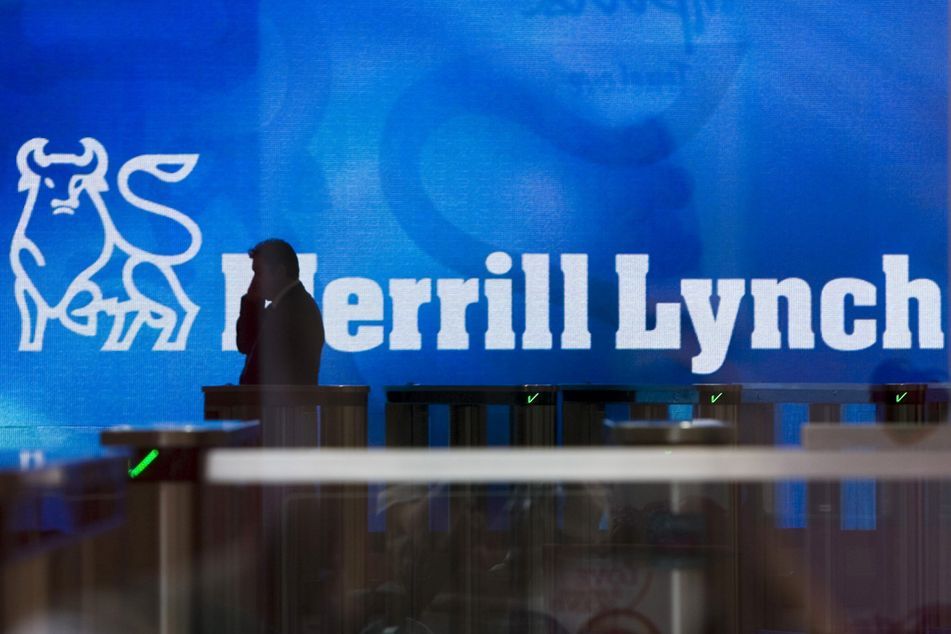In a wirehouse first, Merrill offers a nontraded REIT

Don't look now, but Merrill Lynch is hawking a nontraded REIT -- the first wirehouse to do so. Should broker-dealers be worried?
In a first, brokers with a major national company, Bank of America Merrill Lynch, are selling an investment long associated solely with independent-contractor broker-dealers.
The firm’s 17,500 registered representatives and advisers a month ago began selling the Jones Lang LaSalle Income Property Trust, making Merrill Lynch the first major wirehouse to sell a nontraded real estate investment trust.
So far, the company has raised about $50 million from interested clients.
Nontraded or private REITs have long been the provenance of independent broker-dealers, which typically focus on retail clients and do not have large investment banking organizations under their roofs.
“We believe there is significant demand for an attractive, direct core real estate investment product among mass-affluent investors,” said Keith Glenfield, head of alternative investments for Merrill Lynch. The REIT owns and manages a growing portfolio of high-quality, income-producing properties diversified by property type and geographic region.
“The primary investment objectives are designed to provide attractive current income, preserve and protect invested capital, achieve [net asset value] appreciation over time and enable stockholders to utilize real estate as a long-term portfolio diversifier,” Mr. Glenfield said.
Merrill Lynch advisers have exclusive rights to sell the REIT until April, when regional firms will be able to offer it. Rival wirehouses can begin selling the REIT at the end of this year, he said.
The nontraded REIT industry is dominated by large third-party sponsors such as the Inland Real Estate Group of Cos. Inc. and Cole Real Estate Investments. It has grown to a $10-billion-per-year business over the past decade, although some high-profile sponsors and broker-dealers have run into difficulties including sharp devaluations and scrutiny from regulators.
It remains to be seen whether established nontraded REIT sponsors will be able to sell their products through wirehouses in the wake of Merrill Lynch’s decision to offer the Jones Lang LaSalle REIT.
The commission structure for the Jones Lang LaSalle Income Property Trust differs somewhat from that of most of the large nontraded REITs sold by reps affiliated with independent broker-dealers.
Those reps usually collect a 7% commission at the point of sale, with another 3% to 4% in fees divvied up among management and the REIT’s adviser. That fee structure has drawn scrutiny as some larger nontraded REITs recently have posted disappointing valuations.
The upfront commission to the rep is lower to the new REIT, a maximum one-time upfront load of 2.5%. That rate drops with the size of the investment; the commission decreases to 1% for purchases of $1 million or more. Advisers, however, receive trailing commissions annually of 0.75%.
According to the prospectus for the Jones Lang LaSalle Income Property Trust, maximum underwriting fees and expenses of a sale of $2.7 billion, the target amount, would result in total fees and expense of $270 million, or 10%. Those fees and expenses would be incurred over the time of the offering period, which could last for up to six years.
“The total annual management fee is 2.3%” for the new REIT, said Mr. Glenfield. “Out of that, the adviser is getting paid the normal grid rate and is making around 50 to 75 basis points.”
The minimum for investment is $10,000, making it attractive to mass-affluent investors, he added. The target return for the REIT is 8%.
Learn more about reprints and licensing for this article.








